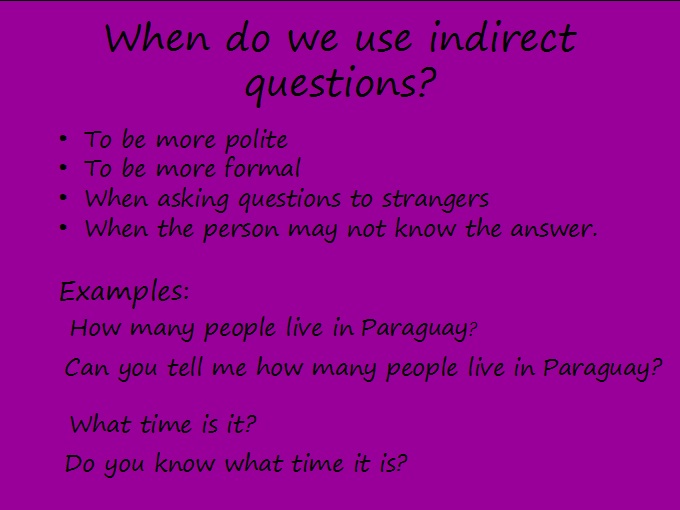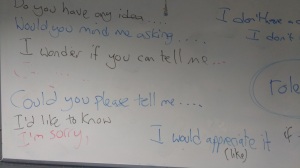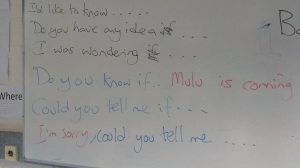Here is another video for your lockdown learning.
Below the exercises is the Google Doc transcript from the 5-minute grammar lesson. Extra teacher talk from the video not included!
Shall & shan’t. Have you ever used this? It’s good for impressing people, especially if you ever meet a prince or a princess at a ball.
ball noun (DANCE)
[ C ]a large formal occasion where people dance
Here are your online exercises:
2. https://agendaweb.org/exercises/verbs/modals/shall-will
Today’s video Google Doc transcript
MarkESOL 5 minute grammar lesson.
Using SHALL and SHAN’T for the future.
Today we’re going to be covering:
- Who uses SHALL?
- When do we use SHALL and SHAN’T?
- Making suggestions
- Volunteering and offering
- Promises
- General future statements
- How to make statements
- How to make negative statements
- Confirming with a question
- Question tags
Gosh! That’s loads of things. I thought SHALL was going to be a quick 3 minute one! Better get going …
- Who uses SHALL? Why, you and I, dear boy!
It’s terribly FORMAL. It’s posh. It’s quite cool because not many people use it.
PRO TIP: If you meet the Queen or a random prince. Use SHALL.
It’s particularly useful if you want to dance with a princess:
“Shall we dance?”
“Shall we not leave before my coach turns into a pumpkin?”
“Yes, I think we probably shall.”
It’s really good for suggestions, for question tags and definite, slightly POSH statements about the future.
“I shall tell you more about this in a moment, dear lady!”
“So, shall we begin?”
“Yes, sir, we shall.”
Making suggestions
Almost always with I and we. You use it in answer to questions. Not as a definite answer but as a HOW ABOUT? MAYBE WE COULD?
Yeah, it’s a modal verb thing…
It can even be a passive-aggressive way of getting someone to do what you want without ordering them to do it.
“What do you want to do this evening?”
“Shall we go into town? Or would you rather go to the gym?” You’re just saying – hey, here’s an idea!
Usually, here’s my VERY GOOD opinion. You can disagree, but you will be wrong!
“Shall we get a takeaway tonight? Shall we go home, I’m really tired.”
Volunteering and offering
Like our friends “Would you like… ?” or “I’ll help.” “We’ll give you a lift.”
You’re saying you shall do something. It’s your idea but you can also volunteer your friends or family. “I’ll help you!” “We shall help you.” – Although that’s not so common. Don’t worry about that.
Promises
Like will. Saying you shall do something – is a promise. You are giving your word. “I shall be here at 8 o’clock tomorrow morning.” This is a statement of fact and feels much stronger than will.
General future statements
I shall go later.
DON’T WORRY ABOUT THESE. CONCENTRATE ON = promises, suggestions and question tags!
Question tags
“I’ll explain, shall I?”
“I’ll lend you my umbrella, shall I?”
It’s a backwards question where you think you know the answer – YES or NO.
“We’ll lend you some money, shall we?”
Ummm, yes, please! I shall need it!
Statements with – SHALL
| subject | shall | Infinitive verb | Extra information | when |
| I | shall | do | My homework | soon |
| she/he/it | shall | visit | her friend | later |
| we | shall | study | in college | In the summer |
| you | shall | try | To exercise in the park | This afternoon |
| they | shall | go | on a diet | In the summer |
Yeah, no one uses she, you or they with shall. And who says ‘shan’t’ and ‘I shall not’?
People in books written in the 18th century mainly.
“I shan’t enjoy this party, mama. The people are perfectly ghastly!”
Negative statements with – SHAN’T/SHALL NOT
| subject | Shan’t/shall not | Infinitive verb | Extra information | when |
| I | Shall not | drink | any alcohol | tonight! |
| He | Shall not | be | allowed | In college! |
| we | shan’t | attend | the meeting | On Wednesday |
| you | Shall not | play | with that boy | ever again! |
| they | Shall not | eat | McDonald’s |
Suggestions and questions with – SHALL
| Question word | will | subject | Infinitive verb | Extra information | when |
| When | shall | I | take | The tablets? | |
| When | shall | I | arrive? | ||
| Shall | we | watch | Netflix | tonight? | |
| How | shall | we | Study | English | this term? |
| What time | shall | we | meet? | How about | 8.30? |
| Shall | we all | learn | English at home | now? |
So! Give shall a whirl. Give it a try.
Particularly if you want to impress with your formality and poshness!
“I shall help you.”
“Shall we go for a walk?”
Bye bye!
MarkESOL xxx


 Objectives
Objectives

